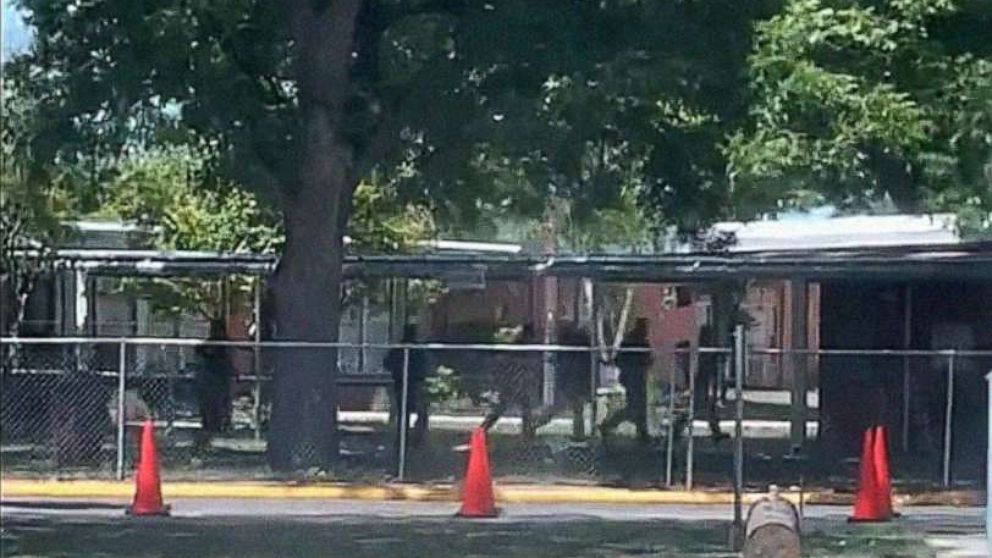The use of guns in self-defense by private citizens is extremely rare. VPC research has found a gun is far more likely to be used in a homicide or suicide than in a justifiable homicide. More guns are stolen each year than are used in self-defense.
The gun lobby seeks to expand the carrying of concealed, loaded handguns into an ever-increasing number of public spaces, while at the same time blocking any restrictions on the availability of military-style semiautomatic assault weapons and high-capacity ammunition magazines. The main argument used to advance these policies is that guns are a common and effective tool for self-defense. This argument is false.
A series of VPC studies on guns and self-defense thoroughly disprove the NRA myth. These studies analyze national data from the Federal Bureau of Investigation (FBI) Uniform Crime Reporting (UCR) Program’s
Supplementary Homicide Report (SHR) and the Bureau of Justice Statistics’
National Crime Victimization Survey (NCVS). Among the findings of the most recent edition of the study are the following:
- In 2017, the FBI reports there were only 298 justifiable homicides involving a private citizen using a firearm. That same year, there were 10,380 criminal gun homicides. Guns were used in 35 criminal homicides for every justifiable homicide.
- Intended victims of violent crimes engaged in self-protective behavior that involved a firearm in 1.1 percent of attempted and completed incidents between 2014 and 2016.
- Intended victims of property crimes engaged in self-protective behavior that involved a firearm in 0.3 percent of attempted and completed incidents between 2014 and 2016.
When analyzing the most reliable data available, what is most striking is that in a nation of more than 300 million guns, how
rarely firearms are used in self-defense.

